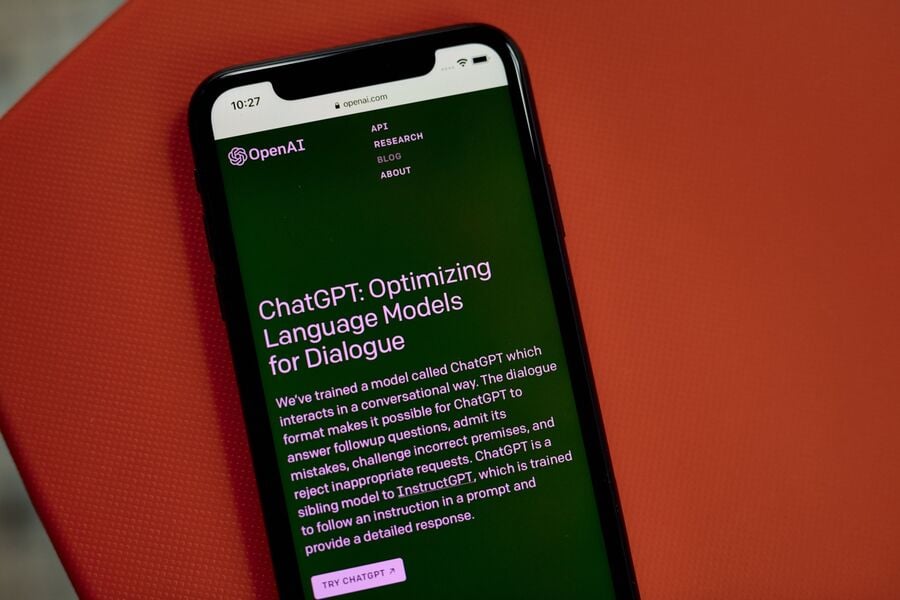

JPMorgan Chase & Co. has curbed its staff’s use of the ChatGPT chatbot, according to a person familiar with the matter.
The artificial intelligence software is currently restricted, the person said, who asked not to be identified because the information is private. The move to restrict use of ChatGPT, which impacts JPMorgan employees across the firm, wasn’t triggered by any specific incident but reflects normal controls around third-party software.
ChatGPT became an internet phenomenon in recent months. The fast-growing technology generates text, images and other media in response to a short prompt.
That has spurred buzz about its future potential for everything from writing poems in the style of Shakespeare to creating stock portfolios. There’s even an exchange-traded fund planned around the concept.
Microsoft Corp. is investing $10 billion in OpenAI, the artificial-intelligence research company behind the chatbot, a move that could see it challenge Google’s dominance of search.
But problems have also arisen since ChatGPT’s November launch. OpenAI said it is working to reduce biases in the system and will allow users to customize its behavior following a spate of reports about inappropriate interactions and errors in its results.
For closely regulated lenders, the caution around the introduction of any new technology is understandable. Over 2021 and 2022, U.S. regulators handed out more than $2 billion in total penalties to a dozen banks relating to their workforce’s unauthorized use of private messaging services.
A representative for OpenAI didn’t immediately respond to a request for comment. The Telegraph reported the restrictions earlier.

While industry statistics pointing to a succession crisis can cause alarm, advisor-owners should be free to consider a middle path between staying solo and catching the surging wave of M&A.

New joint research by T. Rowe Price, MIT, and Stanford University finds more diverse asset allocations among older participants.

With its asset pipeline bursting past $13 billion, Farther is looking to build more momentum with three new managing directors.

A Department of Labor proposal to scrap a regulatory provision under ERISA could create uncertainty for fiduciaries, the trade association argues.

"We continue to feel confident about our ability to capture 90%," LPL CEO Rich Steinmeier told analysts during the firm's 2nd quarter earnings call.
Orion's Tom Wilson on delivering coordinated, high-touch service in a world where returns alone no longer set you apart.
Barely a decade old, registered index-linked annuities have quickly surged in popularity, thanks to their unique blend of protection and growth potential—an appealing option for investors looking to chart a steadier course through today's choppy market waters, says Myles Lambert, Brighthouse Financial.
